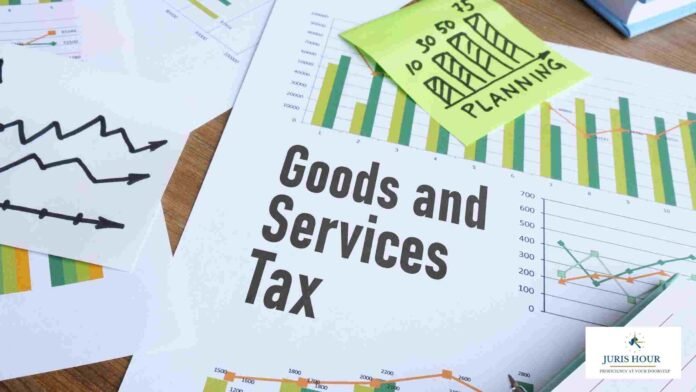Understanding the concept of time of supply is essential for every business registered under GST. It determines the exact point in time when tax liability arises, irrespective of when the invoice is issued or payment is received. In simple terms, the time of supply answers one key question: when should you pay GST to the government?
Importance Of Time of Supply
The time of supply plays a critical role in ensuring compliance. It determines the tax period in which GST must be paid, helps in avoiding interest on delayed payments, and ensures accuracy in return filing and input tax credit (ITC) reconciliation.
Time Of Supply For Goods
Under Section 12 of the CGST Act, the time of supply for goods is the earliest of the following: the date of issue of the invoice, the last date on which the invoice should have been issued, or the date of receipt of payment. For example, if an invoice is dated April 10 and payment is received on April 15, the time of supply will be April 10.
Time Of Supply For Services
Under Section 13 of the CGST Act, the time of supply for services is also determined by the earliest of specific events. These include the date of the invoice (if issued within 30 days), the date of provision of service (if the invoice is not issued in time), or the date of receipt of payment. For instance, if a service is provided on April 5, the invoice is issued on April 25, and payment is received on April 20, the time of supply will be April 20.
Treatment of Advances
When it comes to advances received, the rule differs for goods and services. For goods, GST is not payable until the invoice is issued. However, for services, GST becomes payable immediately upon the receipt of advance. For example, if an advance is received on May 5, GST becomes due in May itself for services.
Time Of Supply Under Reverse Charge
In cases involving reverse charge under Sections 12(3) and 13(3), the time of supply is the earliest of the date of payment or the expiry of 60 days (for services) or 30 days (for goods) from the date of invoice. If these dates cannot be determined, the date of entry in the books of accounts is considered.
Time of Supply for Vouchers
For vouchers, as per Sections 12(4) and 13(4), if the supply is identifiable at the time of issuance, tax becomes payable on the issue of the voucher. If not, tax becomes payable upon redemption. For instance, a gift card issued for a specific product attracts tax at the time of issue, whereas a general-purpose gift card is taxed when it is redeemed.
Time of Supply in Case of Change in Tax Rate
When there is a change in the tax rate as per Section 14, the time of supply determines which rate of tax applies. It depends on whether the invoice or payment occurs before or after the rate change.
Conclusion
In practice, businesses should take care to align the dates of invoice, payment, and delivery or provision of services. Even minor mismatches can lead to interest liabilities or audit discrepancies.
In conclusion, understanding and correctly applying the provisions relating to the time of supply under GST ensures timely tax payment, accurate filing of returns, and avoidance of compliance issues or penalties. It is a key aspect of smooth GST management and financial discipline for every business.
Read More: Govt. May Allow CAs to Advertise Services

